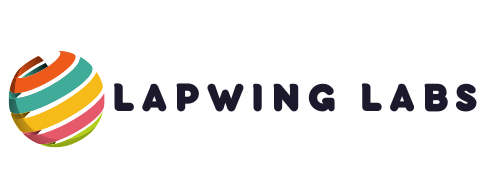Have you gained interest with automated liquid handling systems (ALHS) lately? If so, then you must be interested in how different industries are able to benefit from the automation of different liquid handling systems.
Basically, ALHS is a type of advanced machine developed to manage and dispense liquids within a laboratory setting. Thus, instead of doing it manually, this system can provide enhanced accuracy, efficiency, and reproducibility in certain tasks that involve liquid transfers.
Key Features of ALHS
This system primarily offers precision and accuracy in handling liquid. Thus, it will ensure that the exact liquid volumes are handled, reducing errors in experiments or assays. Moreover, these systems have a high throughput to handle multiple samples simultaneously.
At the same time, it can be quite suitable for different applications, which include sample preparation, mixing, serial dilutions, and reagent distribution. For the most part, many systems integrate this system with other laboratory equipment like plate readers or incubators, particularly for streamlined workflows.
Common Applications for ALHS
This system is quite significant for drug discovery wherein tests are made for potential as drugs. This is done by precisely transferring reagents and samples into assay plates. Likewise, it is also intended to cater applications for genomics and proteomics. This is done by automating the pipetting of DNA, reagents, and primers for genetic amplification and analysis.

Furthermore, it is used for pathogen detection wherein tests for viruses, bacteria, or genetic markers are automated. At the same time, they are used for blood typing and grouping for the accurate handling of blood samples intended for transfusion compatibility.
Moreover, this is useful for conducting chemical analyses. These include preparation of consistent solutions for chromatography or mass spectrometry. This is also essential for adding trace chemicals or catalysts to reactions with high precision.
Industries to Benefit from ALHS
• Food and beverage industry
There are also a lot of industries that can benefit from automated liquid handling systems even beyond biotechnology and pharmaceuticals. Among them is the food and beverage industry where quality control and nutritional analysis are the basic areas that benefit from ALHS the most.
• Industry for environmental science
The industry for environmental science is able to use ALHS to be able to conduct water testing, soil analysis, and air quality monitoring. So, part of their concern is to detect pollutants, toxins, and microorganisms in the water. At the same time, they analyse the nutrient content or contamination levels of soil.
• Accuracy in cosmetics industry
The cosmetics industry can also benefit from this system to be able to mix ingredients for skincare and beauty products more accurately. This is also commonly used in testing of materials for stability so they can ensure formulations will remain effective and safe over time.

• Industry for agricultural science
One of the areas of agriculture that can benefit from this technology is pesticide residue testing. This will ensure the safety and compliance of crops. Another thing is testing for nutrients in soil and optimising fertiliser use. In addition, it is quite essential for genetic research as it provides assistance in the development of high-yield or pest-resistant crops.



